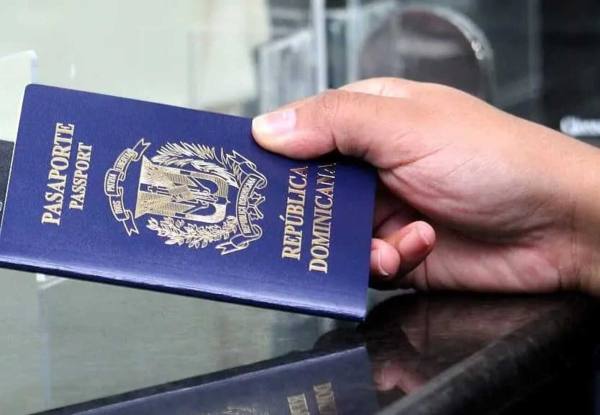Dominican Republic to Launch Biometric Passports in August 2025
By Guzmán Ariza, Attorneys at Law

Biometric passports, or e-passports, incorporate an embedded electronic chip that stores the holder's biometric information, such as fingerprints and facial images, along with personal data. These features enhance the security of travel documents, making them more resistant to forgery and unauthorized use. Globally, biometric passports are becoming the norm, facilitating smoother international travel and bolstering border security measures.
In December 2024, the Dominican government awarded a contract to a consortium of three companies to produce five million biometric passport booklets. The selection process emphasized financial solvency and the capacity to deliver passports promptly, ensuring no delays in production. The new passports will feature advanced security measures, including polycarbonate materials and embedded microchips storing biometric data, to comply with International Civil Aviation Organization (ICAO) standards.
The project operates under a payment-per-passport model, wherein the supplier bears the production and investment costs. The Dominican government will only pay for passports issued to citizens, ensuring no additional financial burden on taxpayers.
To accommodate the new system, the General Directorate of Passports (DGP) plans to expand its infrastructure, increasing the number of offices from 15 to 37 nationwide. This expansion aims to improve accessibility and service efficiency. Additionally, the DGP is implementing a remote data capture service to assist individuals with limited mobility, allowing agents to collect biometric data at their residences.
The introduction of biometric passports is expected to enhance the Dominican Republic's international travel standing. As of March 2025, Dominican passport holders had visa-free or visa-on-arrival access to 74 countries and territories, ranking 63rd globally. The adoption of biometric passports may improve this ranking by meeting international security standards and facilitating easier travel.
